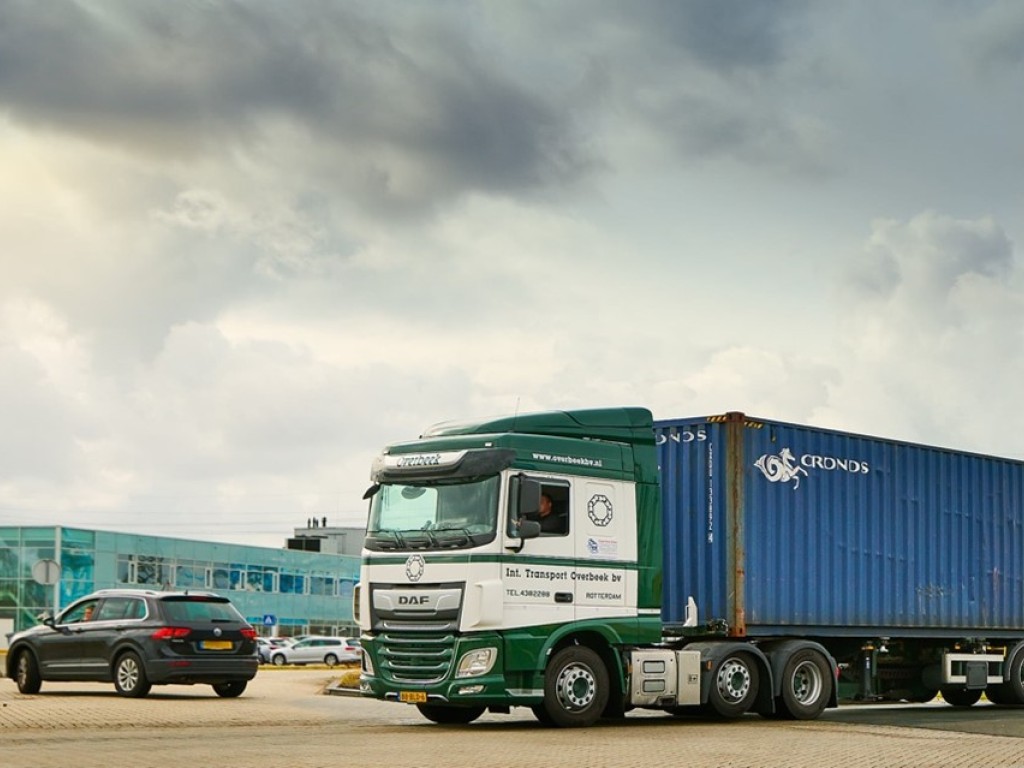CAPSLOG (Capitalizing on collaboration in sustainable logistics in food & flower chains)

The objective of this project was to evaluate the potential of supply chain cooperation to improve or maintain the quality of fresh products in a cost effective, responsive and sustainable way. We developed appropriate decision support tools that were used to evaluate the performance of cooperative logistical concepts (e.g. Ventor Managed Inventory, and joint routing). We calculated the benefits of cooperation in food quality and sustainability and we explored ways to distribute the economic benefits based on the contribution of each involved partner to improve economic, environmental and food quality criteria of the fresh food supply chain.
To achieve these goals we extended variants of Inventory/Vehicle Routing optimization models to account for the specific characteristics of fresh food supply chains and we developed advanced simulation models to assess the impact of service-constraints distribution networks. Collaborative game theory techniques where used to design eco-efficient agri-food supply chains.
We found that Estimation of costs and emissions can be improved by considering the effects of food specific characteristics. Cooperation can bring both economic and environmental benefits. Total cooperative gains should be allocated based on both economic and environmental contribution of involved partners. Fair gain allocation is important to make cooperation work in the long term. Measures to improve eco-efficiency of transportation have been adopted by food retailing cooperatives that were participating in the project. Finally, we concluded that multi-echelon supply chains fill rates can be lower upstream than downstream towards the customer and still guarantee a high fill rate. Major methodological contributions and managerial insights of the project have been published in highly ranked peered review journals.